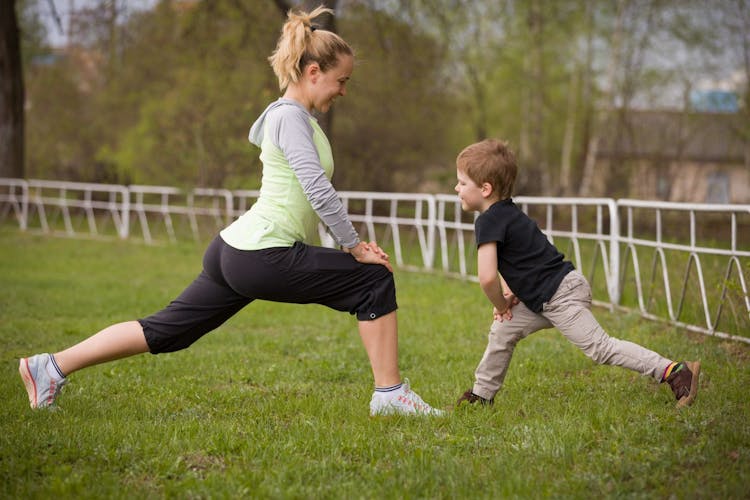Balance and walking are essential for a child's development, but some may have challenges. Pediatric therapy can help children overcome balance and gait disorders, improve their stability, and achieve greater independence. In this post, we'll explore the transformative benefits of pediatric therapy for children with balance and gait disorders.
Demystifying Balance and Gait Disorders
Balance and gait disorders affect an individual's ability to maintain equilibrium and walk properly. These disorders can significantly impact one's daily life, often leading to mobility issues and an increased risk of falls. Understanding the basics of these disorders is crucial for early detection, effective treatment, and improved quality of life.
The Benefits of Pediatric Therapy
- Comprehensive Assessment: Pediatric therapists conduct thorough assessments to pinpoint balance and gait issues in children, tailoring treatments to each child's unique challenges.
- Enhancing Balance and Stability: Evidence-based techniques and exercises enhance core strength, coordination, and postural control, improving balance and stability.
- Gait Training and Coordination: Therapists focus on refining gait patterns and coordination, addressing abnormal walking, weight shifting, and limb control for smoother movements.
- Adaptations and Assistive Devices: Expert therapists recommend and use assistive devices like walkers or orthotics for added stability and independent mobility.
- Functional Independence: Pediatric therapy fosters children's independence in movement, enabling active participation in activities, sports, and self-care, boosting confidence.
- Collaborative Approach: Therapists, parents, and caregivers collaborate to create a supportive environment, empowering parents with home strategies for ongoing progress and independence.
Conclusion
Pediatric therapy helps children with balance and gait disorders improve their mobility, stability, and independence. Therapists provide individualized interventions, including exercises, gait training, and assistive devices, to promote better coordination, balance, and functional independence. Children can confidently navigate their world, participate in activities, and achieve developmental milestones with pediatric therapy.


